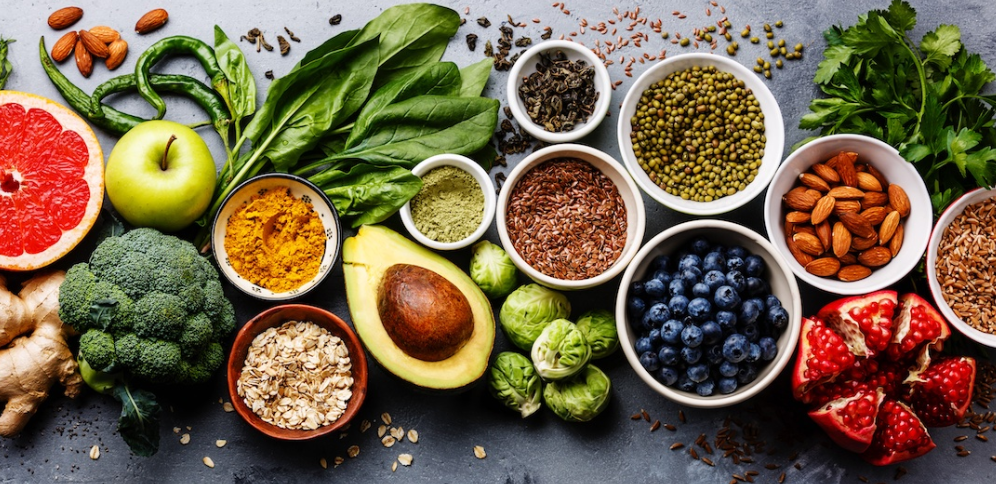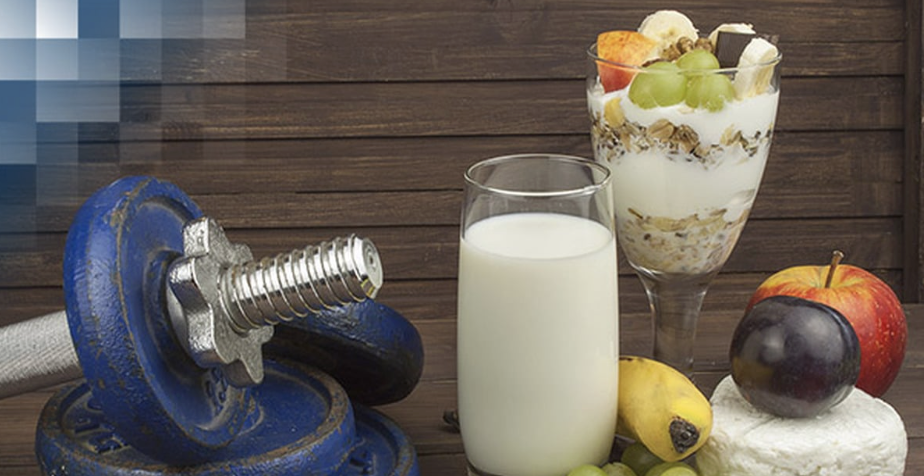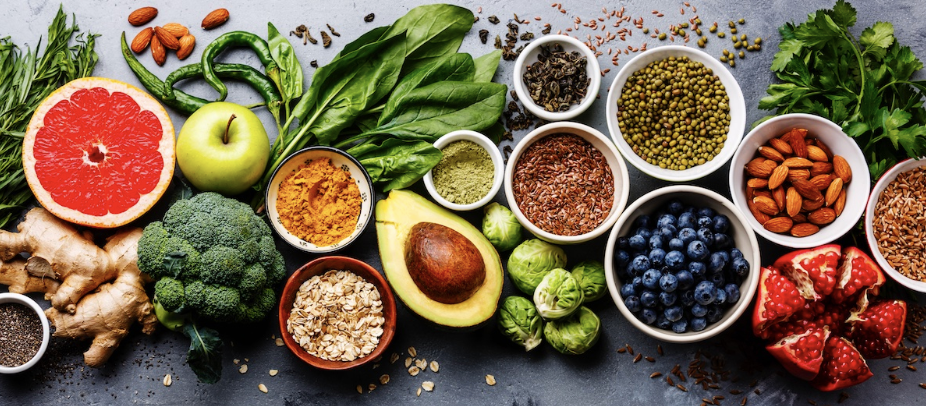- info@absolutefootballtraining.com
- Toronto, Ontario

Ever wondered what separates professional football players from amateur enthusiasts? While skills, tactics, and training play crucial roles, there’s one often-overlooked factor that can make or break a player’s performance: nutrition for football. What professional players eat isn’t just about staying healthy, it’s about gaining that competitive edge that allows them to perform at peak levels for 90 minutes straight.
In Toronto’s competitive football scene, understanding footballers nutrition has become essential for players, parents, and coaches who want to take their game seriously. Whether you’re a young player dreaming of professional success or a parent supporting your child’s football journey, this comprehensive football nutrition guide will reveal exactly what the pros eat and why it matters.
At Absolute Football Training, we’ve seen firsthand how proper nutrition transforms not just physical performance, but mental sharpness, recovery times, and overall game intelligence. The difference between a good player and a great one often comes down to the small details, and nutrition is one detail that pays massive dividends.

Football isn’t just about running around a field. Professional players cover an average of 11.27 kilometers per match, with midfielders running even more. Their bodies endure explosive sprints, sudden direction changes, physical challenges, and sustained activity that depletes energy stores rapidly.
Dr. Tom Little, Sport Performance Specialist at Preston North End Football Club, explains that nutrition for football players follows a simple but effective principle: the 3,2,1 rule. For every kilogram of body weight, players should consume 3 grams of carbohydrates, 2 grams of protein, and 1 gram of healthy fats daily. This means a 70-kilogram player needs approximately 210 grams of carbs, 140 grams of protein, and 70 grams of fat each day.
However, this baseline changes dramatically on match days and intense training sessions. When energy demands increase, particularly during soccer training Toronto sessions, carbohydrate needs can jump to 5-6 grams per kilogram of body weight to maintain performance and accelerate recovery.

Professional footballers start their day strategically. Cristiano Ronaldo famously said, “Good nutrition is at the core of my success,” and his breakfast routine reflects this philosophy.
Premier League breakfast essentials include:
The key is avoiding heavy, fibrous foods that take energy to digest. Players need quick-releasing energy that won’t cause bloating or discomfort during training. Our personalized training programs in Toronto always emphasize the importance of proper pre-training nutrition to maximize session effectiveness.

Professional players’ lunch choices depend heavily on their training schedule and match timing. On match days with afternoon kickoffs, lunch becomes particularly crucial.
Typical professional lunch includes:
The focus remains on slow-releasing carbohydrates that provide sustained energy without causing digestive discomfort. Players avoid heavy, creamy sauces or fried foods that could impact their afternoon performance.
Evening meals serve dual purposes: replenishing energy stores depleted during training and preparing the body for recovery during sleep.
Professional dinner standards:
The evening meal is often the most substantial of the day, as players need to recover from training while preparing for the next day’s demands.
Carbohydrates aren’t just important for footballers, they’re absolutely critical. Football relies heavily on glycogen stores for energy, and these stores deplete rapidly during intense activity. Unlike marathon runners who can rely more on fat metabolism, football players need immediate, accessible energy for explosive movements.
Best carbohydrate sources for footballers:
Professional players consume 50-70% of their daily calories from carbohydrates, adjusting based on training intensity and match schedule. During intensive periods, this can increase to maintain performance levels.
Protein requirements for footballers extend beyond simple muscle building. Players need protein for muscle repair after training, maintaining lean muscle mass during intense periods, and supporting recovery between sessions.
Quality protein sources include:
Most professionals can meet their protein needs through whole foods rather than supplements, though protein shakes become useful around training sessions for convenience and quick absorption.
While carbohydrates provide quick energy and protein builds muscle, healthy fats support hormone production, nutrient absorption, and sustained energy during longer training sessions.
Professional players focus on:
The key is moderation. Too much fat can slow digestion and impact performance, while too little affects hormone production and nutrient absorption.
Match day nutrition can make or break performance. Professional teams have this down to a science, with nutritionists working alongside chefs to create optimal pre-game meals.
The professional pre-match meal includes:
Examples include grilled chicken with rice and steamed vegetables, or pasta with lean meat sauce and a side salad. The meal is substantial enough to provide energy but light enough to avoid discomfort.

In the final hour before kickoff, professional players follow a precise routine:
Some players also use caffeine strategically for increased alertness and creatine for explosive power, though these additions depend on individual tolerance and team protocols.
The 15-minute break isn’t just for tactical adjustments. Players use this time for rapid refueling:
This strategic refueling can be the difference between maintaining performance in the second half versus experiencing the typical drop-off many players suffer.
Professional players can lose over a liter of fluid during a match. Immediate rehydration focuses on replacing both water and electrolytes lost through sweat. The general rule is consuming 1000ml of fluid per hour of exercise, adjusted based on individual sweat rates and environmental conditions.
Glycogen stores need immediate attention after matches. Players focus on consuming 1-1.5 grams of carbohydrates per kilogram of body weight within two hours post-match. This rapid replenishment is crucial for recovery, especially when multiple matches occur within a week.
Muscle protein synthesis requires adequate protein intake post-match. Professional players consume 20-40 grams of high-quality protein within the recovery window to maximize repair and adaptation processes.

Dehydration is performance death for footballers. Even a 2% loss in body weight through fluid loss can significantly impact cognitive function, physical performance, and injury risk.
Professional hydration protocols:
Toronto’s climate presents unique challenges, with hot summers requiring increased attention to hydration strategies. Our comprehensive training programs always incorporate hydration education as a fundamental performance component.
While whole foods provide the foundation, professional players strategically use supplements to fill specific gaps and enhance performance:
Common professional supplements:
The key word is strategic. Supplements complement, never replace, a solid nutritional foundation.
Understanding what professional players don’t eat is equally important:
Foods that sabotage performance:
Professional players stick to familiar, tested foods, especially around important matches or training sessions.
Parents and young players in Toronto don’t need to follow professional protocols exactly, but the principles apply universally:
Key adaptations for youth:
Our youth development programs always include nutrition education because we understand that physical development and nutritional knowledge go hand in hand.
Toronto offers unique advantages for footballer nutrition:
Taking advantage of these local resources can significantly enhance any footballer’s nutritional program.
Understanding professional footballers nutrition is just the beginning. Implementation requires:
Remember, nutrition for footballers isn’t about perfection, it’s about consistency and making better choices most of the time.
Professional footballers don’t achieve greatness through talent alone. Their success comes from attention to details, and football nutrition represents one of the most important details of all. Whether you’re training with our expert coaching team in Toronto or playing in local leagues, proper nutrition provides the foundation for everything else you want to achieve.
The gap between amateur and professional football isn’t just about skill, it’s about professionalism in every aspect of preparation. Start treating your nutrition like a professional, and watch as your performance, recovery, and overall football experience transform.
Ready to take your game to the next level? Contact Absolute Football Training today to learn how our comprehensive approach to player development, including nutrition guidance, can help you achieve your football goals in Toronto and beyond.
Share this article
Recent Posts
© 2025 Absolute Football Training. All Rights Reserved.
Expert coaching for all skill levels, fostering growth, teamwork, and confidence through tailored sessions and dynamic learning environments.
+1 635-698-2541
info@absolutefootballtraining.com
Upcoming Events
Expert coaching for all skill levels, fostering growth, teamwork, and confidence through tailored sessions and dynamic learning environments.